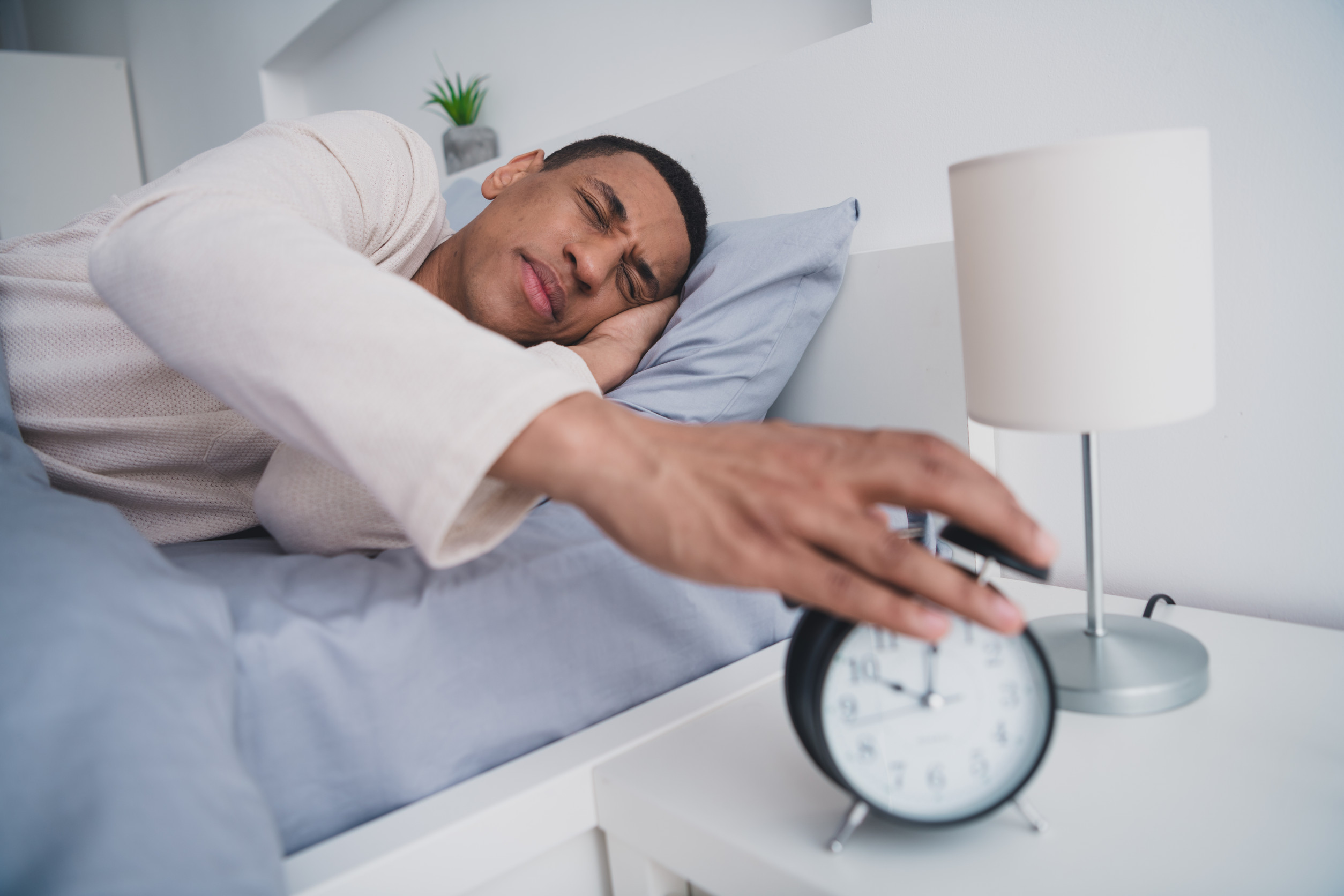
Feeling tired all the time is one of the most common complaints among adults today. People blame it on late nights or hectic schedules, but sometimes it runs deeper than just sleep deprivation. Fatigue can linger even after eight hours of rest, leaving a sense of frustration and confusion.
What many don’t realize is that tiredness often stems from a complex mix of physical, emotional, and lifestyle factors. Understanding these hidden culprits is key to getting back energy and reclaiming a vibrant, focused life.
The Real Reasons Behind Constant Fatigue
It’s easy to assume exhaustion comes solely from a lack of sleep, but energy levels are tied to more than just bedtime routines. The body and mind are influenced by diet, mental health, hormones, and daily habits that may slowly drain vitality. When the cause isn’t clear, people tend to push harder or drink more caffeine, but these short-term fixes often backfire. Instead of masking fatigue, the goal should be identifying and treating its true source. Uncovering the overlooked reasons behind constant tiredness is the first step toward long-term energy.
1. Poor Nutrition and Blood Sugar Swings
Even those who get enough sleep can feel sluggish if their diet is out of balance. Eating too many refined carbs or processed foods can lead to spikes in blood sugar followed by crashes that leave the body drained. Without enough protein, fiber, or healthy fats, energy levels fluctuate wildly throughout the day. Skipping meals or eating too late at night can also disrupt the body’s natural rhythms and lead to sluggish mornings. When energy dips after every meal, it may be a sign the body isn’t getting the fuel it truly needs.
2. Chronic Stress and Mental Overload
Stress doesn’t just wear down the mind—it takes a physical toll on the entire body. When the brain is constantly on high alert, cortisol levels stay elevated, which can interfere with sleep, digestion, and even immune function. Constant multitasking, decision fatigue, and emotional strain create a low-grade tension that silently drains energy reserves. Over time, mental fatigue can feel just as heavy as physical exhaustion, if not more. The mind needs real rest too, not just distraction or temporary escapes.
3. Sedentary Lifestyles That Backfire
It may seem logical to rest when tired, but a lack of movement can actually make fatigue worse. When the body is inactive for long periods, circulation slows and muscles become stiff, reducing oxygen flow and energy production. Regular physical activity boosts endorphins and improves sleep quality, both of which combat chronic fatigue. Even short bursts of movement throughout the day can refresh the mind and recharge the body. Sitting all day can signal the body into “power-saving mode,” leaving it dull and sluggish.
4. Dehydration and Mineral Deficiencies
Many underestimate the impact of hydration on overall energy. Even mild dehydration can affect concentration, mood, and alertness—especially in the afternoon slump. Without enough water, the body struggles to regulate temperature and remove waste, making everything feel harder. Electrolytes like magnesium, potassium, and iron also play a critical role in energy metabolism, and deficiencies often go unnoticed. Those who feel tired constantly should consider whether their body has the basic materials it needs to function well.
5. Underlying Medical Conditions
Sometimes persistent fatigue signals an underlying health condition that deserves attention. Thyroid disorders, anemia, sleep apnea, and autoimmune diseases are just a few examples that can silently drain energy. These conditions often start with subtle symptoms like tiredness, brain fog, or irritability before progressing further. Getting proper lab tests and medical evaluations can reveal imbalances that no amount of sleep or caffeine can fix. Dismissing ongoing fatigue as “just tired” can delay diagnosis and make symptoms worse over time.

6. Poor Sleep Quality, Not Just Quantity
Getting eight hours of sleep doesn’t guarantee waking up refreshed. Sleep disorders like insomnia, restless leg syndrome, or sleep apnea can disrupt deep, restorative stages of sleep without the person realizing it. Even habits like scrolling a phone in bed or inconsistent bedtimes can lead to fragmented rest. Quality sleep depends on both physical and environmental factors, including light exposure, noise, and even mattress support. Restorative sleep is about how deeply and consistently someone sleeps—not just the clock hours.
7. Emotional Exhaustion and Burnout
Emotional fatigue is an invisible energy thief that often goes unspoken. People who feel like they’re carrying the weight of the world—whether from caregiving, work pressure, or internal struggles—may feel physically tired without clear reason. Burnout isn’t just about being busy; it’s about being emotionally depleted, disconnected, or stuck. Without emotional recovery, the body responds by slowing down, almost like hitting a safety brake. Apathy, irritability, and constant tiredness may be quiet signs that something deeper needs healing.
8. Lack of Purpose or Motivation
Sometimes energy loss has more to do with the mind than the body. Going through life on autopilot—without passion, curiosity, or personal meaning—can create a subtle form of mental fatigue. Motivation and excitement naturally give the brain a boost of dopamine, a feel-good chemical that energizes the whole system. Without it, even small tasks can feel like a burden, leading to a cycle of procrastination and tiredness. Feeling alive and energized often starts with feeling aligned with something that matters.
9. Social Isolation and Loneliness
Humans are wired for connection, and lacking it can quietly chip away at vitality. Studies show that social support plays a powerful role in reducing stress and improving mental and physical health. Isolation can increase inflammation and disrupt sleep, both of which feed into chronic fatigue. Having meaningful conversations, laughter, and a sense of belonging are powerful energizers. Tiredness that coincides with loneliness may be the body’s signal that it needs more human connection.
10. Caffeine and Sugar Overload
Ironically, the very things people turn to when tired—coffee, soda, energy drinks—can make the problem worse over time. While caffeine provides a temporary jolt, it can interfere with sleep cycles and lead to a dependency that masks deeper fatigue. Similarly, sugar gives a fast burst of energy followed by a crash, leaving people more tired than before. These quick fixes can create a rollercoaster effect that destabilizes natural energy rhythms. Breaking the cycle takes time, but leads to more stable, sustained energy.
Time to Rethink Fatigue
Feeling tired all the time isn’t always about how late someone stayed up the night before. It’s often the body and mind sending signals that something deeper needs attention—be it nutrition, stress, movement, or emotional well-being. Recognizing these patterns can shift the focus from just “sleeping more” to “healing better.” True energy comes from balance, alignment, and care—not just willpower or extra coffee.
If you’ve struggled with constant tiredness, what’s been the biggest factor in your experience? Add your thoughts or share your story in the comments. Your insight might help someone else finally connect the dots.
Read More
Can’t Sleep? Here’s What to Do in the First 10 Minutes You’re Lying Awake
Couples Who Do This Before Bed Report Better Sleep and Stronger Relationships
The post Why You Always Feel Tired—And It’s Not Just Lack of Sleep appeared first on Everybody Loves Your Money.







